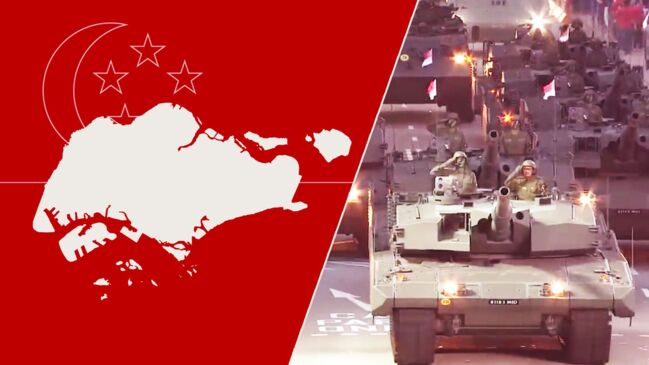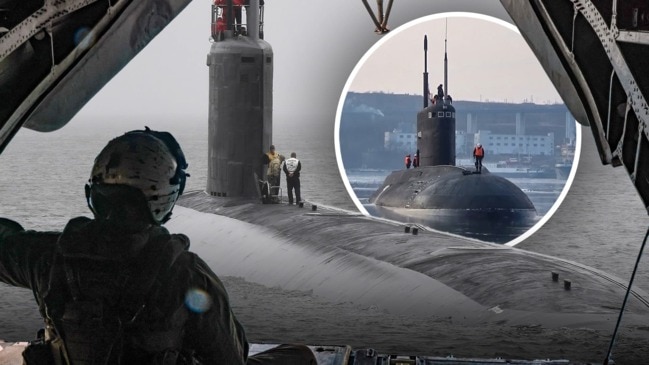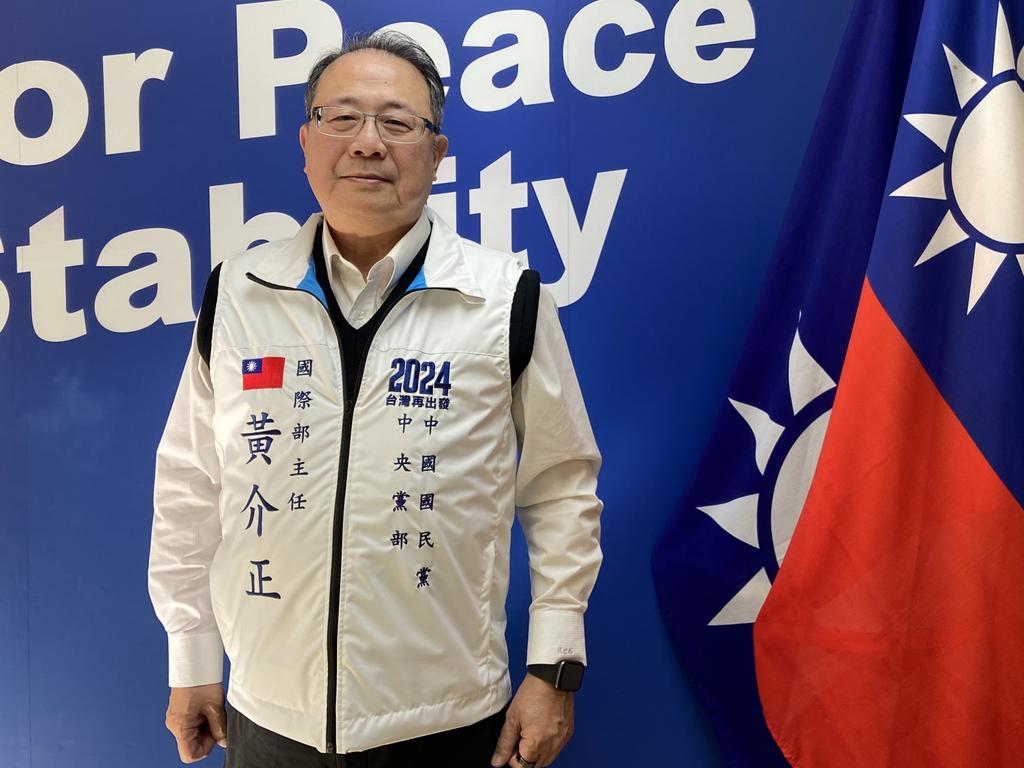The real threat to Taiwan

Taiwan’s politics are a complicated accident of history. From 1949 to 1987 the island was governed by the Chinese Nationalist Party, or KMT. It is now the major opposition party, and because of the Taiwanese system’s design is the largest party in the legislature and holds an informal majority alongside the populist Taiwan People’s Party. The KMT is little more than a series of patronage networks with no formal ideology. Its leaders fantasise about eventual reunification with a democratic mainland China. Unlike the KMT, the centre-left Democratic Progressive Party, which just won a third presidential term, has a distinct ideology. It seeks recognition of Taiwan as a sovereign nation, which angers Beijing.

By any modern measure, Taiwan is a state. It has its own government, military, police service, taxation, education and court system. There is no scenario under which Taiwan voluntarily accedes to China’s dominion. Only force can make it happen.
A cross-strait surprise attack is improbable. It would be militarily risky for China, and Taiwan and the U.S. would easily detect preparations. But if Beijing can freeze Taipei’s decision-making process, disrupt its military preparations, and erode state capacity, it can ensure Taiwan remains vulnerable and without allies. China’s insistence that formal Taiwanese independence will trigger war keeps the U.S. from maintaining a large-scale presence on the island. The result is limited diplomatic and intelligence contact between Washington and Taipei.
This leaves Taiwan vulnerable to political subversion. Chinese meddling in its elections is well known. China has sought to co-opt local social groups, including Taiwan’s largest Buddhist association. China has sponsored delegations of former Taiwanese military officers and government officials for nominally cultural and economic visits to the mainland, and it has provided benefits to Taiwanese entrepreneurs who conduct business in China. Politically, the Chinese Communist Party and machinery of Chinese state clearly display a preference for the KMT, while refusing formal contact with the DPP. Just over a month ago, the KMT’s legislative whip, Fu Kun-chi, met with Wang Huning, the fourth-ranked member of the Politburo Standing Committee, and Song Tao, who is responsible for political subversion in Taiwan.

China is also subverting the work of the Taiwanese legislature. In late May the KMT rammed through new laws that empower the legislature in the name of democratic transparency. The legislation is meant to handcuff the executive by allowing the legislature to investigate all executive actions and compel military officers and senior diplomats to reveal sensitive state secrets, under threat of heavy fines and other legal pressure. This would make Taiwan a far less credible partner, since any large-scale military or intelligence co-operation is at risk of discovery. Similarly, the KMT has proposed a $61 billion infrastructure project on Taiwan’s east coast, a sum well beyond Taiwanese capacity absent steep defence cuts and external financing, invariably from China.
There is no direct evidence of the Communist Party’s orchestration in Taiwan’s legislature, but this pattern of events is worrying. Beijing spent more than a decade pressuring Taiwan and accusing the DPP of being illegitimate. Now the KMT has shepherded new laws that will undermine Taiwanese security, all against the backdrop of major military exercises around Taiwan.
China’s plan is clear. It hopes to freeze Taiwanese politics, making Taiwan an unreliable partner for the U.S., Japan and other regional powers. As tensions escalate, China will manufacture crises that justify progressive encroachments, while subsequently conducting a “peacekeeping operation” akin to Russia’s first invasion of Ukraine.
The U.S. needs a clear plan in response. Washington should put its full weight behind President Lai Ching-te and the DPP, sponsoring programs within the Taiwanese civil service and military to identify competent and reliable people ahead of a crisis. The U.S. can also expand funding for civil society in Taiwan by pushing back against Chinese influence and manipulation. Washington’s commitment to the one-China policy need not change. After all, Henry Kissinger’s point during the 1972 Shanghai communique negotiations was to ensure that the U.S. retained diplomatic flexibility for future contingencies. China should be forced to challenge a renewed U.S.-Taiwan commitment.
Nothing will deter war indefinitely. But these steps will buy time. Absent a coherent focus on political warfare, Taiwan will remain vulnerable. The U.S. may be preparing for a war that will never be fought.
Mr Cropsey is president of the Yorktown Institute. He served as a naval officer and as a deputy undersecretary of the navy and is author of “Mayday” and “Seablindness.” Mr Halem is a senior fellow at Yorktown.

The Wall Street Journal







The U.S. is preparing for a crisis in the Taiwan Strait but getting China’s calculations wrong. The assumptions are twofold: that China won’t invade unless provoked, and that China still needs to get its military built to attack. Most Americans miss the centrality of manipulation and subversion to Chinese strategy. Taiwanese political security, not simply military deterrence and rhetorical balancing, are key to Chinese success.